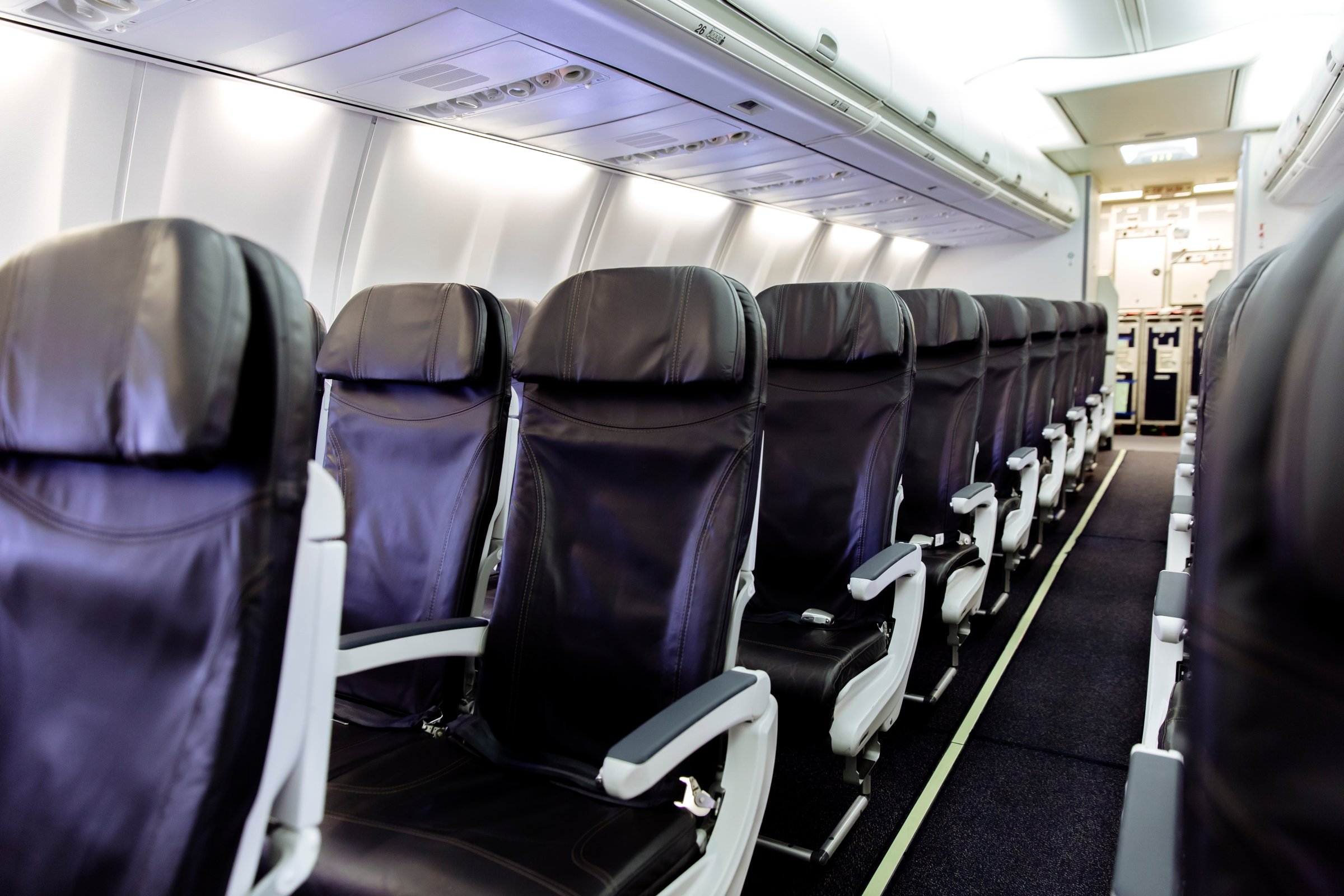
A few months ago, a friend asked me if I fly business or coach. Then she asked why there are there so many white men at the front of planes. Although she wasn’t a frequent flyer, she noticed the lack of diversity among the “upper classes” of airline patrons right away.
This is a “first-world” pain point, no doubt, erupting from the context of relative privilege that my friend and I both enjoy. It is hardly comparable to limitations on women’s access globally to clean water or medical care, for instance. Nevertheless, problems are always relative, and examining lesser inequities like these can still cast light on persistent inequality and discrimination.
The data indicate that 55% of women worldwide are part of the labor force. In the United States, women constitute roughly half of the workforce, but men hold more than 80% of board positions for Fortune 500 companies.
In some arenas, the gender gap is narrowing—such as with business travel. Women are reported to be the fastest-growing segment among business travelers and now account for about 30% of business travelers in the United States. Of course, this makes the absence of women in first and business class all the more baffling.
My research yielded some interesting finds:
The item that most frequently popped up is that safety, not comfort, is the top concern of women business travelers. Not airline safety, but safety in accommodations, on city streets, having to provide personal information, etc. Perhaps comfort is less of an issue, which would motivate the purchase of a business or first class ticket, is due to the fact that women are, on average, shorter than men.
Another priority is telling: Women are concerned with the expenses associated with travel, while men are more worried about the lines at check-in. So it would make sense for women to rely on the economy of coach, especially entrepreneurial women who may be paying their own way—while a concern with lines would herd men toward the convenience of business class.
The cost consciousness plays out in other ways, too.
A recent study reports that women in every age category tend to book their flights earlier than men, a simple tactic that translates into huge savings for their employers, especially large companies.
I reached out to some globe-trotting female colleagues for their input, and none of those who responded prefer to fly coach. Who does really? Most remarkable to me, however, were these two ideas:
First, participating in frequent flyer programs of various kinds, those who fly business class rack up points much faster than those in coach, creating a vicious cycle and rigid “class” lines. Fly at a higher service level, and you’ll have more points to upgrade more frequently. Fly coach, and you will be a long time waiting for the same advantage.
Read more: Bloomberg Now Lets You See Which Companies Are Investing in Women
And this, from one female executive out of New York: “Before we were acquired, none of us were allowed to fly business under any circumstances unless we got an upgrade, paid for it ourselves or cashed in miles. … Now that we’ve been acquired, vice president-level and above—which I am—are allowed to fly business on flights that are eight hours or longer. And for senior vice president-level, it’s three hours and over. … I think that this tiered structure is pretty standard for huge companies, and given that—unfortunately—most upper tiers of corporate organizations tend to be male-dominated, they’re the ones who are permitted to fly business.”
So perhaps the airplane really is just a microcosm of the corporate boardroom. We’ll know parity is being achieved when the airlines feel an actual financial harm from women freely choosing the economy seats over first class—or when we see that there are more women and people of color comfortably seated at the front of the plane. Then we might ask why there are so few women in the cockpit.
Whitney Johnson is the author of Disrupt Yourself: Putting the Power of Disruptive Innovation to Work.
More Must-Reads from TIME
- Caitlin Clark Is TIME's 2024 Athlete of the Year
- Where Trump 2.0 Will Differ From 1.0
- Is Intermittent Fasting Good or Bad for You?
- The 100 Must-Read Books of 2024
- Column: If Optimism Feels Ridiculous Now, Try Hope
- The Future of Climate Action Is Trade Policy
- FX’s Say Nothing Is the Must-Watch Political Thriller of 2024
- Merle Bombardieri Is Helping People Make the Baby Decision
Contact us at letters@time.com